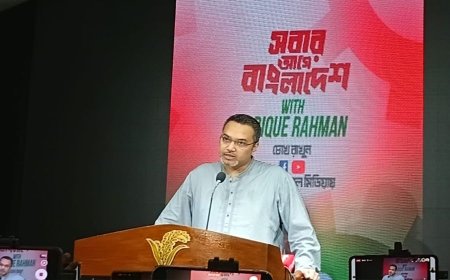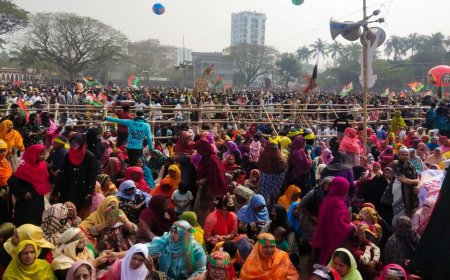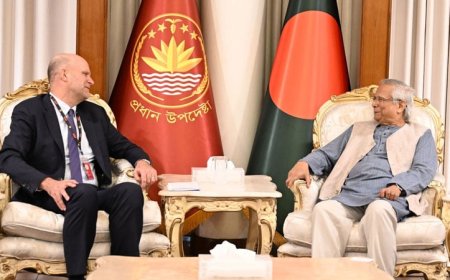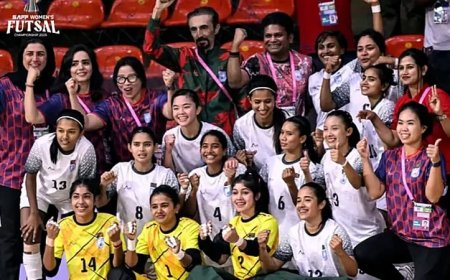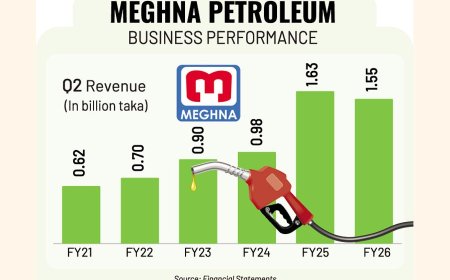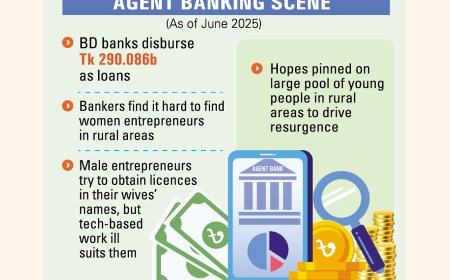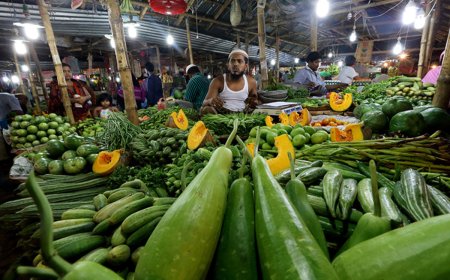RMG Leaders Call for Interest Rate Reductions and Energy Reforms Amid Looming US Tariffs
The readymade garment (RMG) sector is facing significant internal challenges that are adversely affecting both productivity and profitability. Key issues include escalating interest rates, surging energy costs, and inconsistent gas and electricity supplies, all of which are putting considerable strain on industry operations.
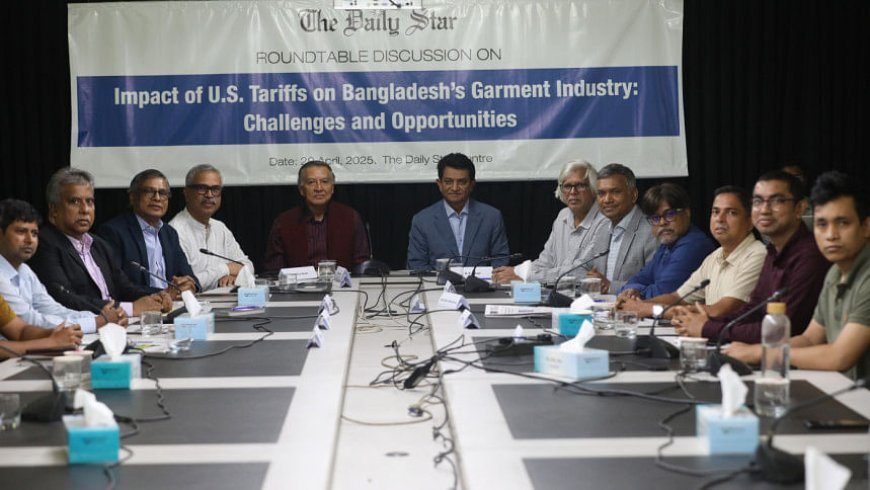
The readymade garment (RMG) sector in Bangladesh is currently confronting a dual crisis: pressing domestic challenges and mounting global trade barriers. Internally, the industry is reeling under rising interest rates, soaring energy costs, and unreliable gas and electricity supplies—factors that have severely impacted productivity and profitability. These domestic constraints are now converging with external pressures, notably the looming imposition of higher US tariffs under the Trump administration, compounding the strain on the sector.
At a roundtable discussion titled "Impact of US Tariffs on Bangladesh's Garment Industry: Challenges and Opportunities", hosted by The Daily Star, industry leaders urged the government to urgently resolve internal inefficiencies to safeguard export competitiveness. Anwar-ul Alam Chowdhury, President of the Bangladesh Chamber of Industries, emphasized that while global trade tensions persist, Bangladesh’s deteriorating domestic environment is further weakening its position. He noted that despite paying higher rates, industries continue to suffer from gas and electricity shortages, unlike countries like Pakistan where energy costs are falling and solar power is becoming more accessible.
Chowdhury cautioned that even in the absence of US tariffs, the prevailing business climate could undermine the RMG industry’s global standing. Echoing these concerns, former FBCCI President AK Azad highlighted excessive non-tariff barriers hampering US trade, citing the need for six different licences just for American exporters to ship goods to Bangladesh. He also presented US import data showing that while China’s apparel exports to the US fell by nearly 40 percent in recent years, Bangladesh’s increased by 35.9 percent—an opportunity that could be lost if internal issues persist.
Azad pointed to India and Pakistan as rising competitors, with regions like Odisha offering significant investment incentives, including subsidies on machinery and wages. In contrast, he said, Bangladesh grapples with frequent energy outages and diminishing investor confidence. He called on the government to discourage price undercutting, eliminate the source tax on exports, and engage seasoned diplomats and lobbyists to protect national interests.
Faruque Hassan, another former BGMEA president, emphasized the need to reduce lead times by improving access to raw cotton through a dedicated warehouse and streamlined imports. He stressed that high interest rates, wage hikes, and rising utility costs must be brought under control for the industry to remain viable. Hassan also pointed out the importance of diversifying markets, as the US now accounts for just 19 percent of Bangladesh’s apparel exports—down from 75 percent—while growth has been seen in markets like Australia, Japan, India, and South Korea.
Former BKMEA president Fazlul Hoque highlighted Bangladesh's lag in productivity—10–20 percent behind China and Vietnam—as a critical vulnerability. He acknowledged technological progress but urged faster adoption. He also warned that a 10 percent US tariff on upcoming orders could add $200 million in costs, disproportionately hurting small and medium exporters who struggle to access bank credit. Hoque called for more flexible banking policies and warned that uncertainty post the current 90-day tariff pause is already slowing new orders.
Syed Sultan Uddin Ahmed of BILS stressed the need for reputational management, urging industry-wide accountability to weed out non-compliant factories. He advocated forming a unified platform with both domestic and international stakeholders, including the ILO, to present a cohesive front.
Energypac CEO Humayun Rashid termed the tariff threat “alarming” and recommended exploring new export markets in Asia, South America, and ASEAN. He highlighted infrastructure bottlenecks, unreliable utilities, and port inefficiencies as key deterrents for buyers. Rashid urged a shift towards high-value garment segments such as automotive and aerospace textiles and recommended that BGMEA set up region-specific market intelligence desks.
Economist Dr. Mohammad Abdur Razzaque, chairman of RAPID, warned that Bangladesh’s high inflation rate—around 10 percent compared to Vietnam’s 2 percent—is eroding competitiveness. He advocated for a market-based exchange rate to enhance both exports and remittances and called for continued, targeted subsidies to sustain the sector.
Wrapping up the session, The Daily Star Editor and Publisher Mahfuz Anam reiterated the publication’s commitment to addressing these challenges and emphasized the need for innovation. The discussion, moderated by Deputy Editor Arun Devnath, also featured insights from Kihak Sung, Chairman of Youngone Corporation, who joined virtually. Sung urged the industry to move beyond low-margin exports and prioritize quality and operational efficiency to tap into tariff-free opportunities in markets like South Korea.
Sung concluded by stating that Bangladesh has the potential to become a viable alternative to China—but only if it becomes “faster, better, and smarter” in strengthening its supply chain and overall industry performance.
What's Your Reaction?







